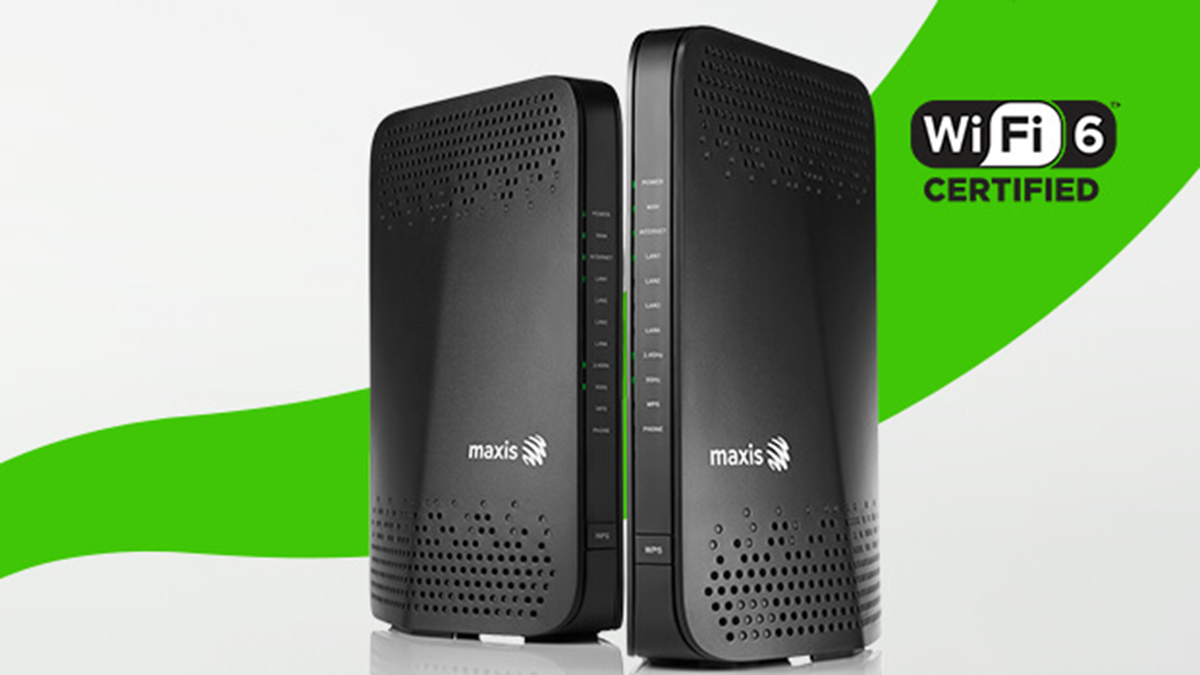
A professor of computer science at North Carolina State University, Xuxian Jiang, discovered that Google‘s application verification service that detects malicious apps on Android has a detection rate of below 20%.
While he lauds Google commitment to continuously improve security on Android, specifically with the new app verification in Android 4.2 Jelly Bean, he said, “However, based on our evaluation results, we feel this service is still nascent and there exists room for improvement.”
Performance of Google’s app verification service also lagged behind the performance of 10 antivirus apps available on Android by well-known companies like Avast, Symantec and Kaspersky Lab. Overall detection rates for third-party security solutions were at 51% to 100%, while Google’s own, at a paltry 20%.
A principle reason the app verification service misses so much malware is its reliance on cryptographic hash signatures to identify apps known to be malicious. “This mechanism is fragile and can be easily bypassed,” Jiang lamented.
Hosting the scanner solely in the cloud rather than utilising a client-side solution was also a weakness Jiang highlighted.
More virus writers are changing gear and focusing more on developing malicious programs for mobile devices especially in the Android platform. In Q2 2012, the number of Trojans targeting the Android platform nearly tripled from the first quarter of the year. Nearly half were multi-functional Trojans that steal data from phones. (Source: Kapersky Lab)
Source: Ars Technica
[ad#Google Adsense 336×280]








